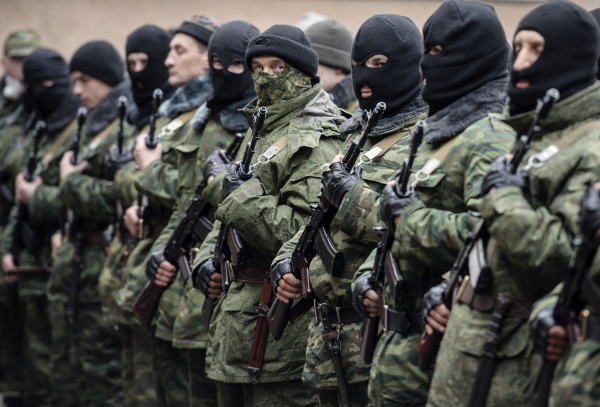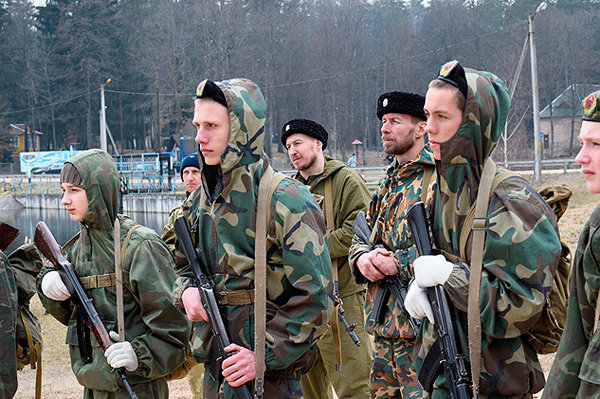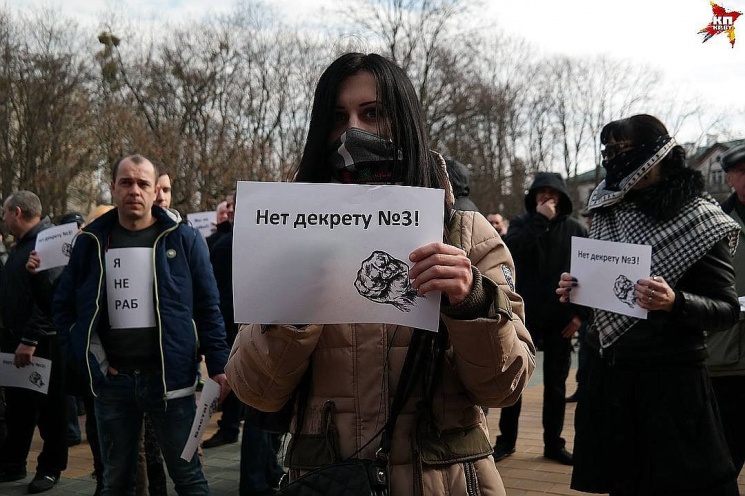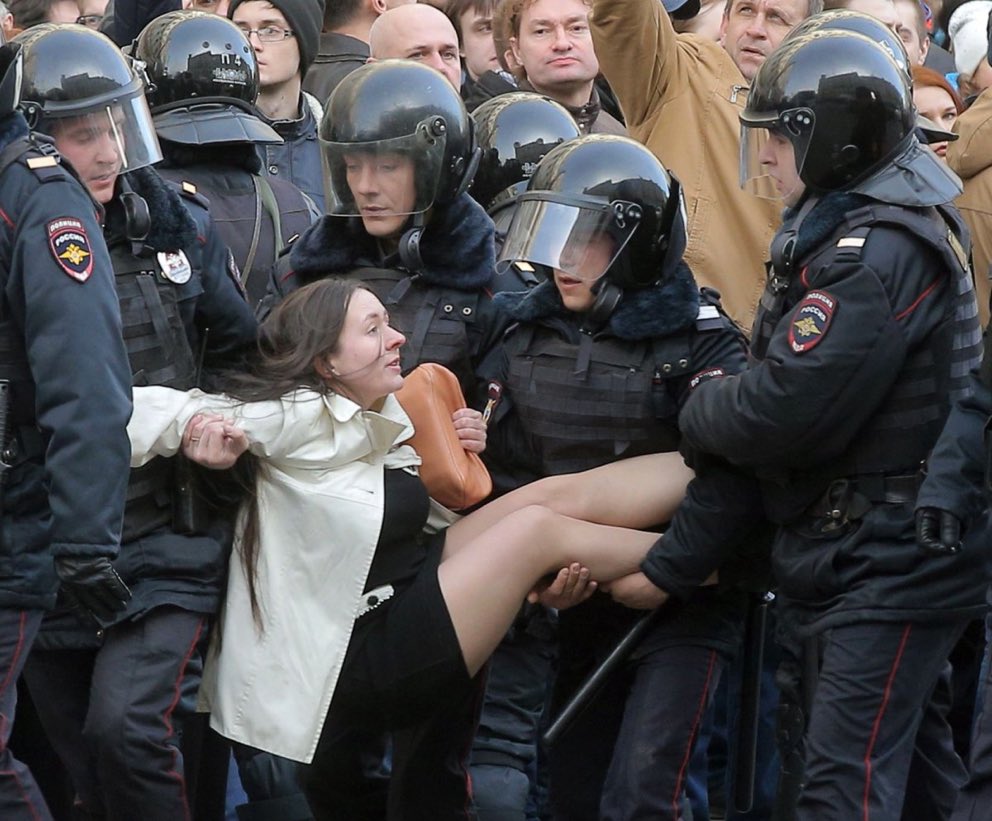Because both Vladimir Putin and the West have tried, albeit for radically different reasons, to avoid saying that Russia has invaded Ukraine and that the two countries are thus at war, many of the terms analysts and political leaders have used in earlier conflicts need to be updated to take the features of “hybrid war” into account.
In the past, if one country sent its military forces into another country without the latter’s consent or without the sanction of the international community, most people viewed that as a clear-cut case of aggression, an invasion, and an act of war. But if a country does so with plausibly deniable units like Putin’s “little green men” in Crimea, the issue is more complicated.
That is especially the case when the country involved is a major nuclear power and when other countries want to avoid having to face up to their responsibilities to a violation of the international order in ways that could make cooperation on other issues more difficult or lead to a wider war.
But states adjoining one like Russia whose leader has now become adept at what is called “hybrid war” do not have the luxury of avoiding facing up to the fact that Putin’s new kind of war demands from them a new definition of invasion lest they fall victim at some point by not taking action against it in a timely fashion.
Belarus has now taken that step. In a January 10 redaction of its law about martial law that will go into effect February 1, Mensk has adjusted its definition of invasion
to fit what Putin has been doing in Ukraine.
The new Belarusian law specifies that the appearance on the territory of military personnel even if they do not wear uniforms or have designations of their membership in the military of another state will from now on be considered by the Belarusian authorities as one of the forms of attack which threaten the territorial integrity and sovereignty of the country.
Thus, the appearance in Belarus of “little green men” of the kind Moscow sent into Crimea will be viewed as an invasion to which Mensk will have to respond.
The new law also specifies the conditions that Mensk will view as a military threat sufficient for the introduction of martial law. These include the concentration of military forces of another state on the Belarusian border with a clear indication that that state intends to use them for an attack on Belarus.
And it specifies that in the event of such a threat or invasion, the government would be precluded from disbanding either house of the parliament but would have the power to prohibit the collection and dissemination of any information by Belarusians which might be of use to the invader.
And the new law says that the Belarusian government will have the power to require all males between 16 and 60 and all females between 16 and 55 to perform unpaid work for the defense of the country or the overcoming of any destruction that might be visited upon it by an invader of whatever kind.
Given Alyaksandr Lukashenka’s reputation as “the last dictator in Europe,” an epithet that is clearly problematic given Putin’s behavior of late, many will be inclined to dismiss this new Belarusian measure as nothing more than yet another way the Belarusian leader will use to tighten the screws on Belarusian society.
That he may do so is certainly possible, but what he has done is more important than that. In an era when one country can invade another by sending unacknowledged troops across its border, all countries and alliances need to rethink what an invasion is – perhaps especially those which are based on the principle that any invasion is a triggering event for action.





